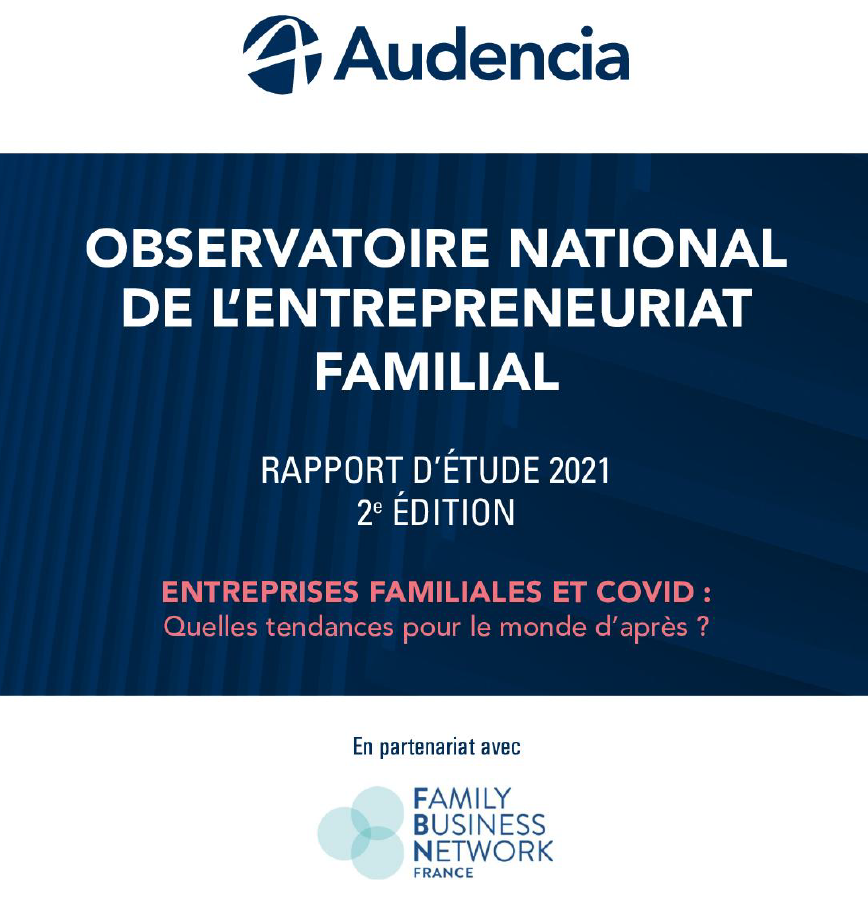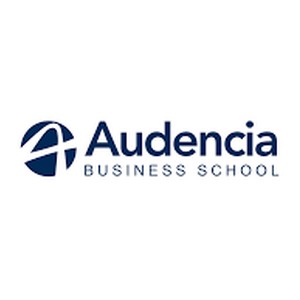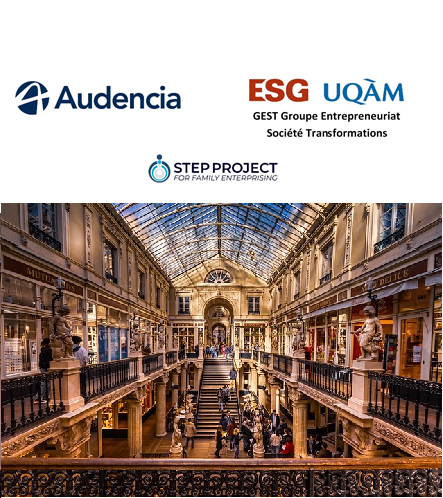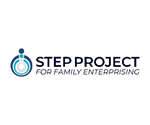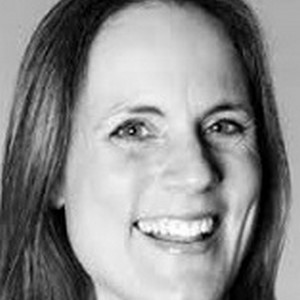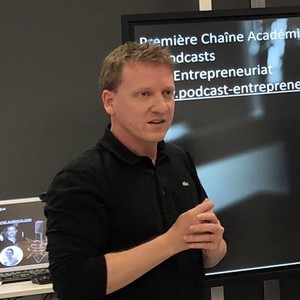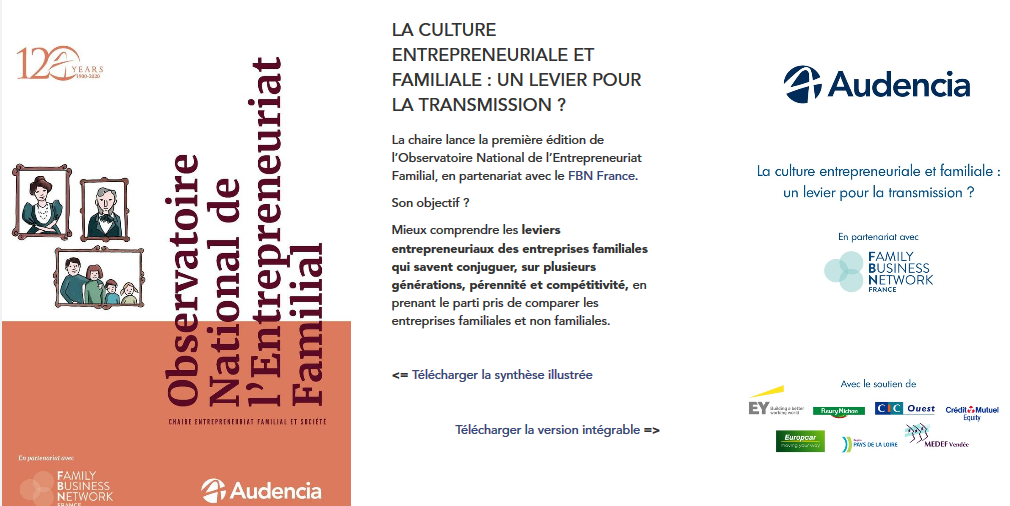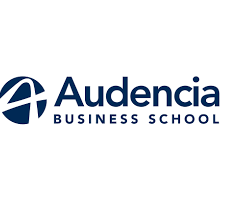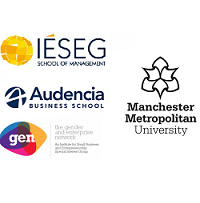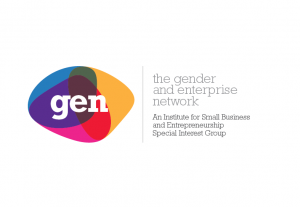2ème édition de l’Observatoire de l’Entrepreneuriat Familial
ENTREPRISES FAMILIALES ET COVID : QUELLES TENDANCES POUR LE MONDE D’APRES ?
Pour perdurer et rester compétitives dans cette période COVID, comment les entreprises familiales et non familiales résistent-elles aux turbulences ? Quels sont leurs nouveaux défis en matière de RSE ? Quels enjeux pour la gouvernance de l’entreprise au fil des générations ? Comment la culture entrepreneuriale et la culture familiale cohabitent-elles en période de crise ?
Pour cette nouvelle édition de l’Observatoire national de l’entrepreneuriat familial, nous avons intégré les salariés comme nouvel échantillon, afin de confronter leur perception à celle des dirigeants et d’appréhender le rôle des familles de collaborateurs dans les entreprises familiales et non familiales. Quels sont les avantages et inconvénients de travailler en famille en tant que salarié ? Quel est leur point de vue sur l’ouverture du capital des entreprises aux salariés ?
L’observatoire a été réalisé par la Chaire Entrepreneuriat Familial et Société d’Audencia en partenariat avec le FBN

